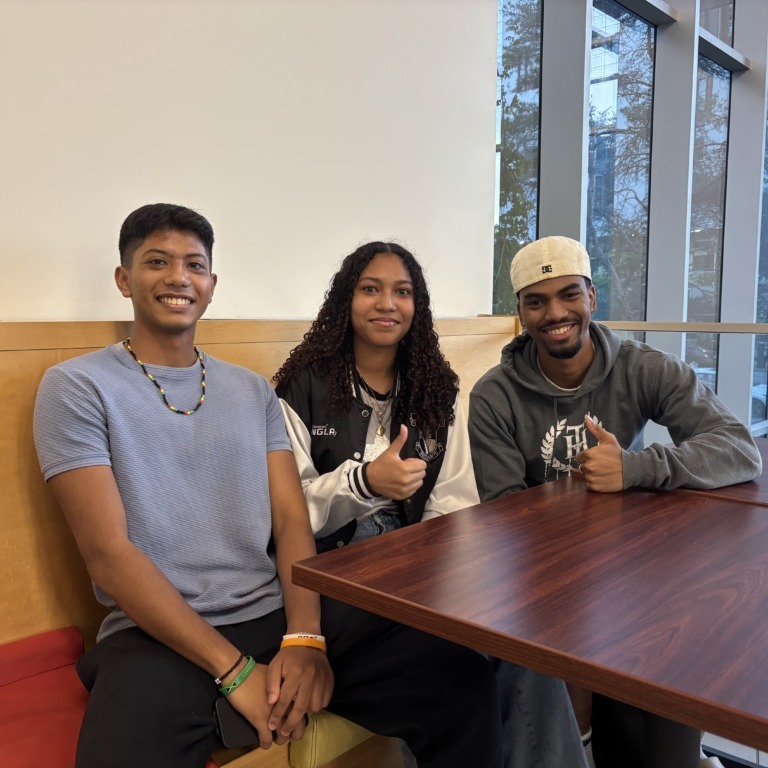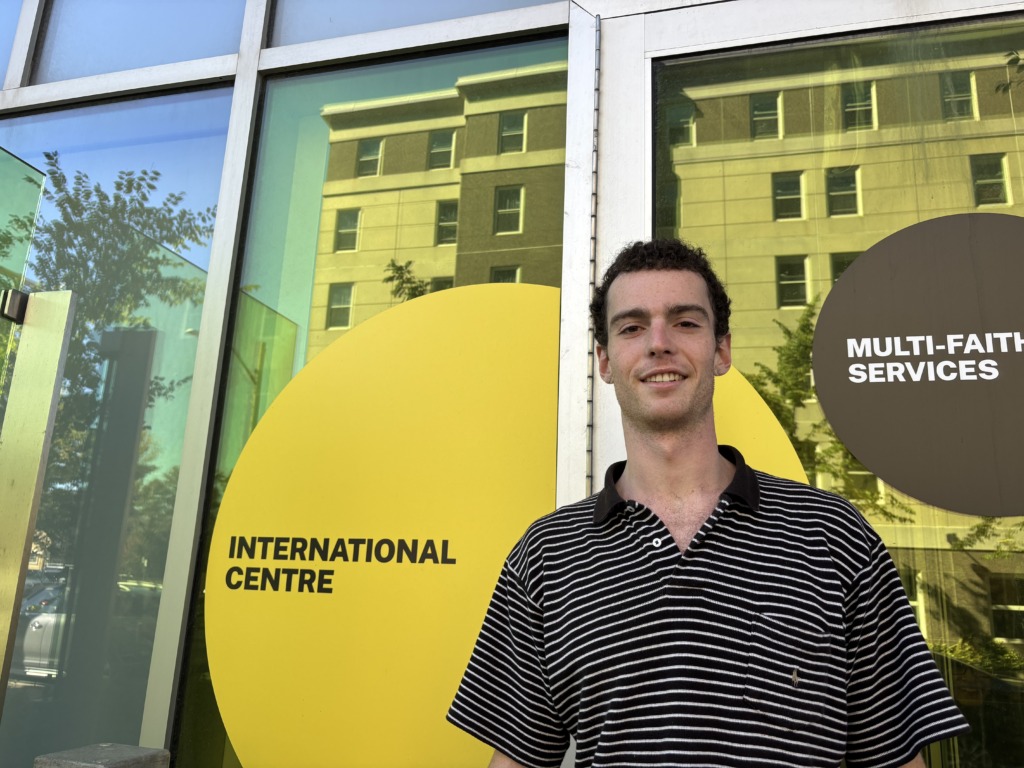
A home away from home: Dal international students experience culture shock
International students talk weather, food and adjusting to Canada’s social culture
From unfamiliar languages to food and social customs, being an international student at Dalhousie University can come as a shock.
Oliver Lawson, a fourth-year sustainability and development studies student, is no stranger to crossing borders and experiencing new cultures, yet moving to Halifax still brought its share of adjustments.
Born in London, United Kingdom, Lawson moved to Singapore with his family at the age of three. After spending nearly a decade there, he returned to the U.K. for boarding school. At 18, Lawson moved across the Atlantic to attend the University of King’s College.

When he arrived at King’s, Lawson quickly discovered Canada wasn’t as familiar as he had expected.
“It was kind of unbelievable because I know Canadians — I had a lot of Canadian friends when I was a kid,” says Lawson. “I assumed the youth culture would be about the same.”
The biggest difference he’s noticed: people really want to talk about politics.
“In the U.K., people in general are not as politically engaged,” says Lawson. “Here it was just kind of expected that everyone would align in a certain way, especially at King’s.”
Lawson’s experience is not unique. About 23 per cent of Dal’s 21,000-member student body are international students, and culture shock is a reality many face.
Andrés Simon-Thompson — a second-year computer science student from Trinidad and Tobago — was drawn to Nova Scotia by family connections and the promise of staying close to the ocean.
While the water reminds Simon-Thompson of home, the weather’s been hard to get used to. Unlike in the Caribbean, warm weather is not a year-round reality in Halifax.
“Especially in the winter, it’s very different,” says Simon-Thompson. “We have to change our de-stress activities to include more indoor stuff. Adapting to that is like trying to change your coping mechanisms, which is not always an easy task.”
Jadalyn Gorn is a first-year marine biology student from Virginia, United States. She came to Dalhousie because her parents are Canadian. The biggest culture shock she’s encountered is cars with engines that make “loud popping noises” that she says eerily mimic the sound of gunshots.
“I kind of just jump down on the floor thinking I’m about to die,” says Gorn. “That’s a pretty big shock. I have to remind myself I’m not in the U.S., and that I’m good.”
Adjusting to Halifax’s food options is another change Lawson and Gorn have grappled with — though for different reasons.
“I find that the food options are a lot more extensive,” says Gorn. “In the U.S., they’re kind of limited to junk food. There’s the occasional different store, but they’re all Americanized.”
Lawson primarily misses England’s food culture.
“Here, the cheapest option is almost always something unhealthy,” he says. “It’s cheap because it’s bad quality. Back home, the cheapest thing is just not fancy.”
Alexander Chin is a second-year marine biology student from Jamaica. He also says food is what he misses most from home.
“If I know I’m leaving home for an extended period of time, I eat as much as I can,” he says. “As soon as I land back home, I make sure food is ready for me to eat.”
Before coming back to Halifax, Chin makes sure to pack his suitcase with snacks and seasonings from home.
Adjusting to culture shock can take weeks or even months, according to Harvard University’s International Office. The international office suggests that there are often three phases to culture shock: the honeymoon, the rejection and the recovery.
Rani Hill, a first-year science student, is also from Jamaica. She says support for students is much better in Nova Scotia.
“Back home, they don’t want you to be dependent on them,” says Hill. “They give you your skill sets, and you do what you can. If you can’t do it, you learn.”
Chin, Hill and Simon-Thompson are all members of the Dalhousie Caribbean Connection, a society that connects students from across the Caribbean and hosts events like karaoke and pumpkin carving.
“All we try to do is celebrate the culture that we love and cherish,” says Simon-Thompson.






